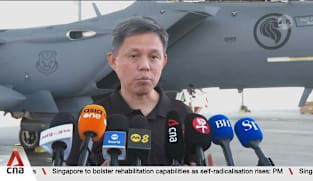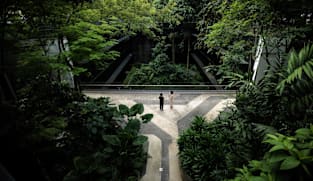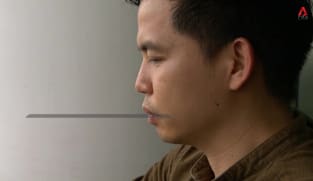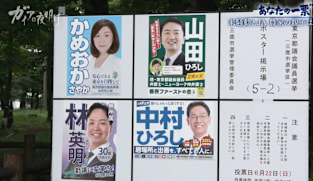Chee Hong Tat on Free Trade Zones (Amendment) Bill
Singapore is the world’s largest transshipment hub with its attractiveness enhanced by free trade zones (FTZs). There are currently 10 such zones, mainly at the country’s sea and air terminals. Businesses operating in the FTZs enjoy benefits such as exemption from customs duties and simplified customs procedures. However, there are growing concerns of FTZs worldwide being misused for illicit activities such as weapons proliferation, environmental crimes and trade-based money laundering. Measures were proposed in Parliament on Wednesday (Oct 4) to keep pace with such evolving threats and the increasing sophistication of illegal actors. First, a licensing regime for FTZ operators will be implemented. This is so that the authorities can specify and enforce requirements to ensure the security of the zones and regulate the flow of goods and people within them. It will formalise requirements for operators to put in place necessary security structures, screen people operating in the FTZs and manage the sub-leasing of premises. Second, cargo handlers and agents in the FTZs will be regulated, though not licensed. They must monitor the movement of goods, report cargo that may contravene the law and submit information on all transshipment goods. Third, the Director-General of Customs will have the power to grant, renew, suspend or revoke licences, impose or modify licensing conditions and order the removal of dangerous goods. Customs officers will be able to enter any area in the FTZs to inspect or remove goods, as well as request information for investigations, make arrests without a warrant and search suspects who are arrested. Giving the details, Senior Minister of State for Finance Chee Hong Tat said Singapore aims to ensure its FTZs are not misused by bad actors, while maintaining a business-friendly operating environment.
Singapore is the world’s largest transshipment hub with its attractiveness enhanced by free trade zones (FTZs). There are currently 10 such zones, mainly at the country’s sea and air terminals. Businesses operating in the FTZs enjoy benefits such as exemption from customs duties and simplified customs procedures. However, there are growing concerns of FTZs worldwide being misused for illicit activities such as weapons proliferation, environmental crimes and trade-based money laundering. Measures were proposed in Parliament on Wednesday (Oct 4) to keep pace with such evolving threats and the increasing sophistication of illegal actors. First, a licensing regime for FTZ operators will be implemented. This is so that the authorities can specify and enforce requirements to ensure the security of the zones and regulate the flow of goods and people within them. It will formalise requirements for operators to put in place necessary security structures, screen people operating in the FTZs and manage the sub-leasing of premises. Second, cargo handlers and agents in the FTZs will be regulated, though not licensed. They must monitor the movement of goods, report cargo that may contravene the law and submit information on all transshipment goods. Third, the Director-General of Customs will have the power to grant, renew, suspend or revoke licences, impose or modify licensing conditions and order the removal of dangerous goods. Customs officers will be able to enter any area in the FTZs to inspect or remove goods, as well as request information for investigations, make arrests without a warrant and search suspects who are arrested. Giving the details, Senior Minister of State for Finance Chee Hong Tat said Singapore aims to ensure its FTZs are not misused by bad actors, while maintaining a business-friendly operating environment.



















